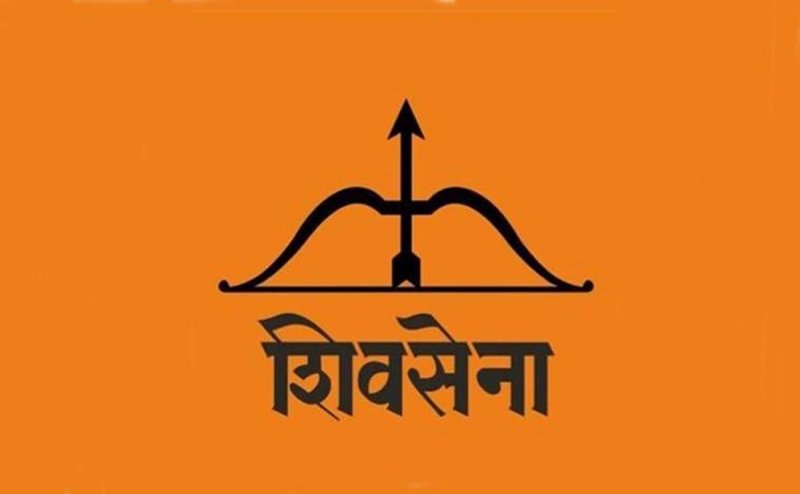

Shiv Sena adds value to the Maratha reservation over the OBC bill.
After the parliament processed the OBC reservation amendment, Maharashtra party Shiv Sena today credited the Maratha reservation protestors for making it happen.
Claiming that the Maratha youth`s fire is seeking reservation in jobs had set fire to Delhi, Sena via its mouthpiece Saamana, asked what would be the fate of the Maratha reservation. Highlighting top Maharashtra leaders` efforts seeking Centre`s intervention, Sena argued that the 50% ceiling breach was not agreed to by the government.
Slamming the BJP for blaming the Thackeray government for the SC stay on the reservation, Sena pointed out that the 2018 reservation amendment had robbed the states` powers to determine who was backward. Stating that the Maratha community knows everything, Sena questioned the silence of BJP`s Maratha leaders on the reservation stay.
On Tuesday, the Lok Sabha passed a bill to restore the power of states and Union Territories (UTs) to prepare and maintain their own list of socially and educationally backward classes (SEBCs). The Constitution (One Hundred and Twenty-Seventh Amendment) Bill, 2021, was passed by the House with 385 members voting in its favor and none against the final division as the Opposition decided to `cooperate` with the government in passing the bill. The opposition parties suspend their protest in the House for the passing of the bill.
This bill allows the state government and Union territories to prepare and maintain their own list of SEBCs. Refuting claims of crossing the 50% ceiling, the Centre argued that the courts have repeatedly emphasized the demands that there is the need to give attention to the constitutional aspects.
This bill was a course correction move. The Parliament had passed a constitutional amendment in 2018 empowering the National Commission for Backward Classes, handicapping the State commissions.
Your support to NYOOOZ will help us to continue create and publish news for and from smaller cities, which also need equal voice as much as citizens living in bigger cities have through mainstream media organizations.